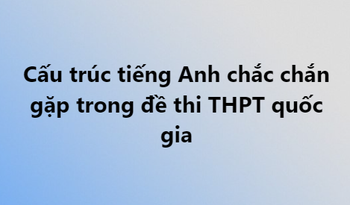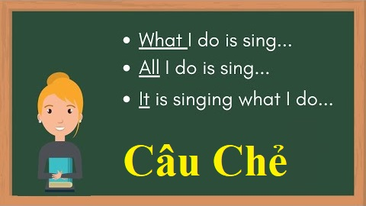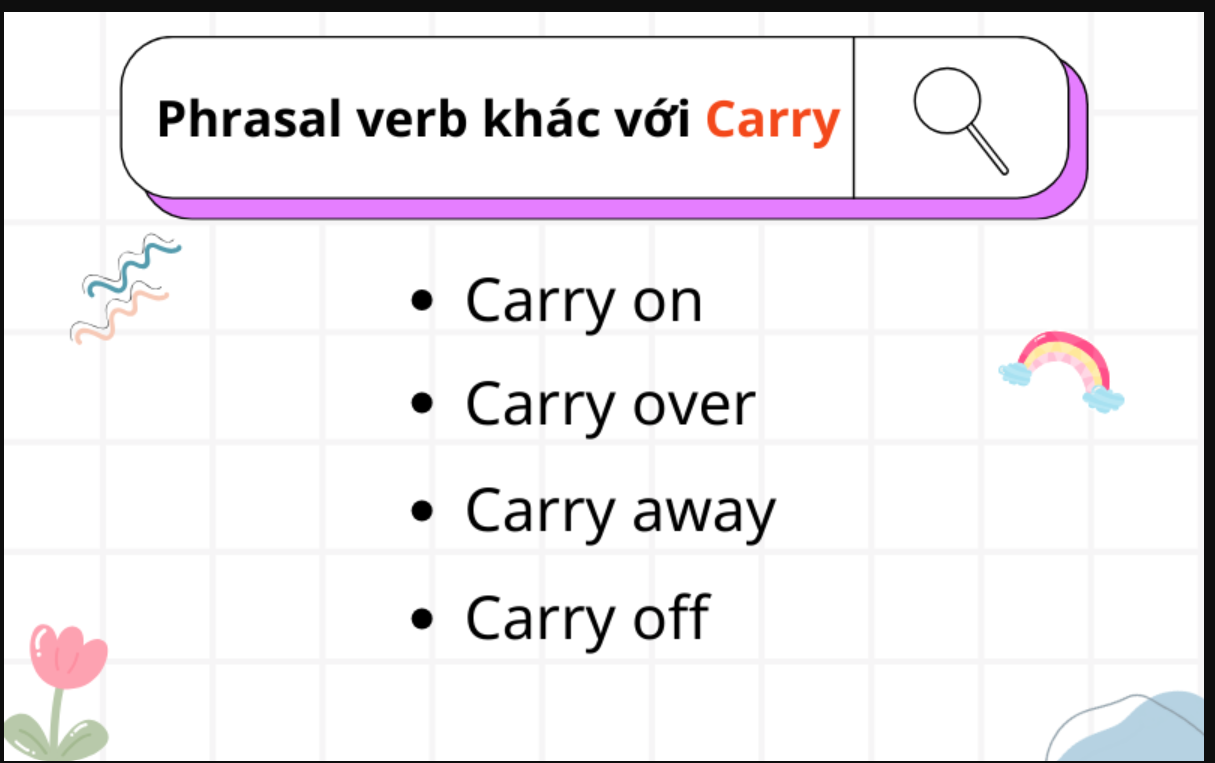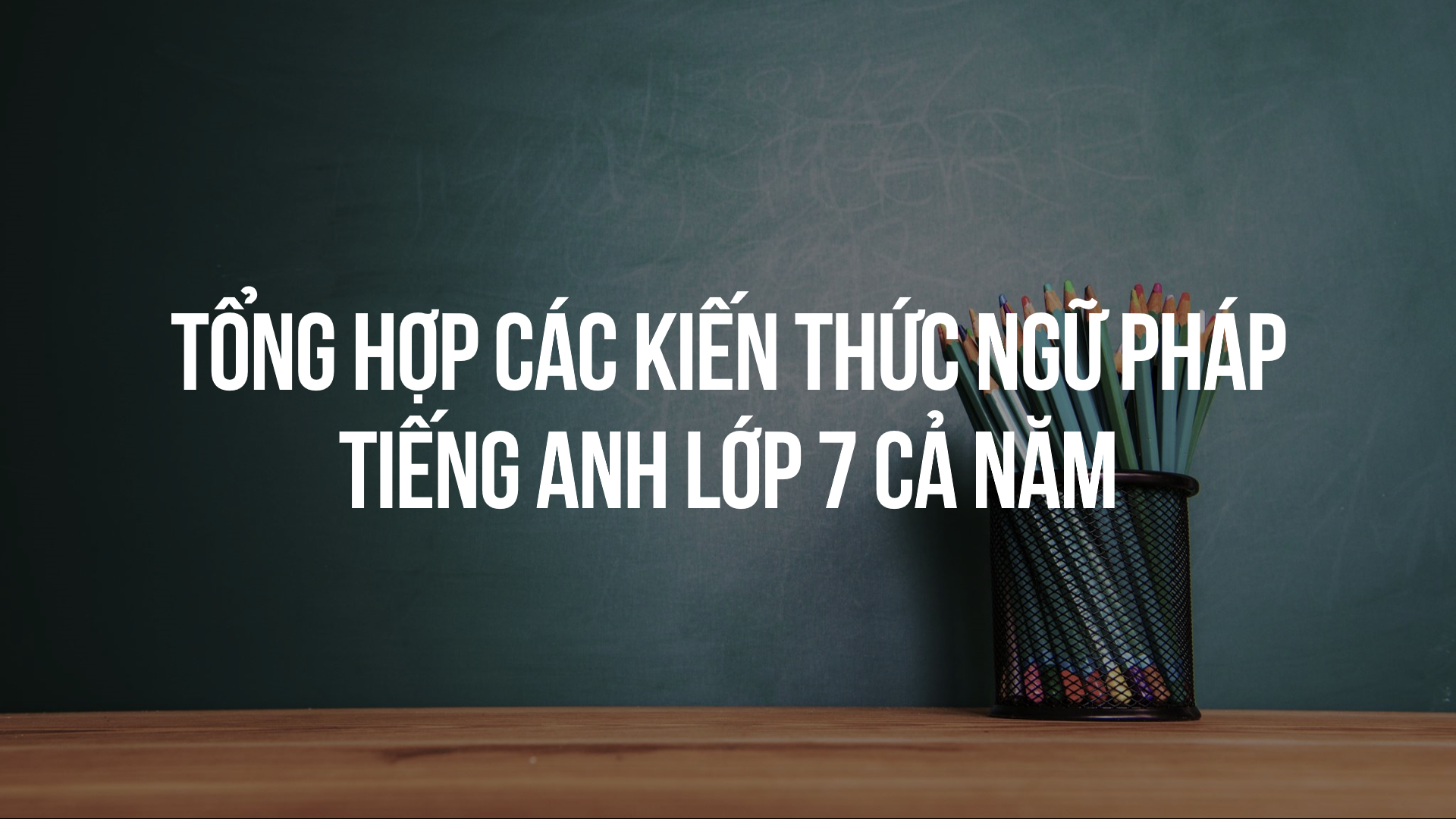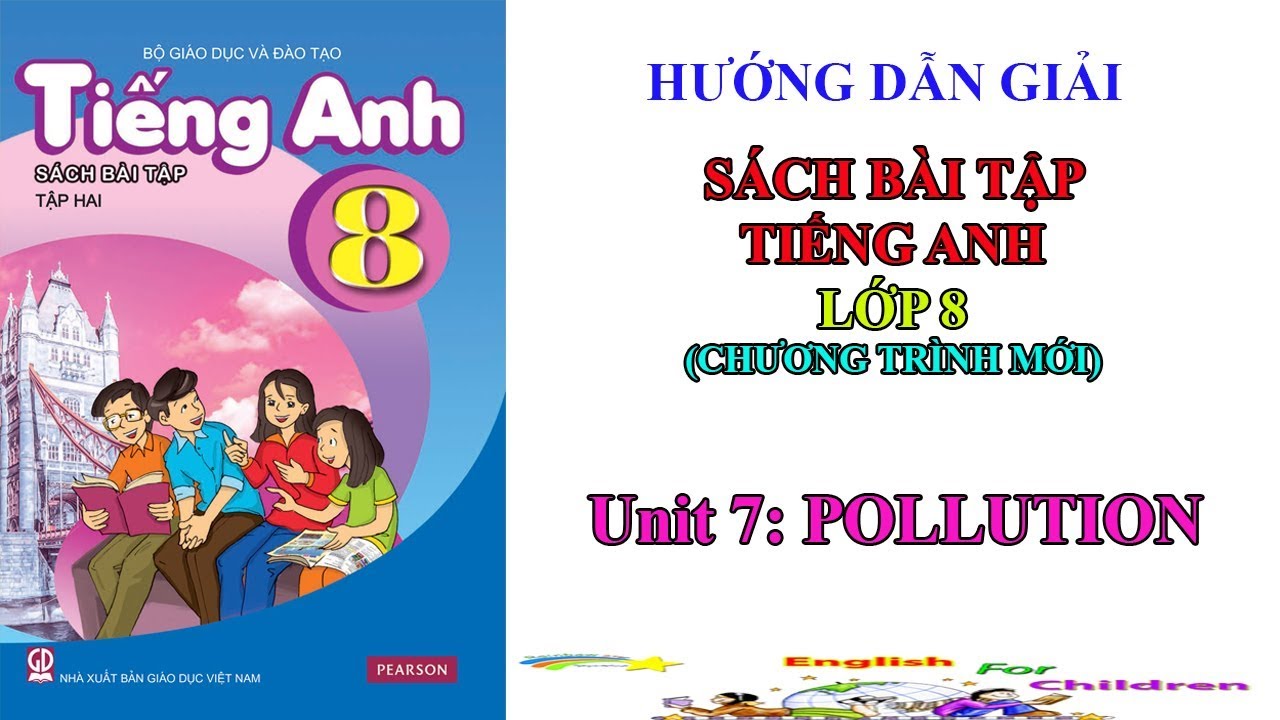Sự hòa hợp giữa chủ ngữ và động từ là việc sử dụng động từ theo danh từ hoặc đại từ đóng vai trò làm chủ ngữ trong câu. Lỗi phổ biến nhất mà người học và người mới học ngôn ngữ mắc phải là sử dụng sai dạng động từ. Dưới đây là Lý thuyết và bài tập sự hòa hợp giữa chủ ngữ và động từ để nguồi học tham khảo.
Mục lục bài viết
1. Lý thuyết sự hòa hợp giữa chủ ngữ và động từ:
Sự hòa hợp giữa chủ ngữ và động từ trong tiếng Anh là một trong những nguyên tắc ngữ pháp cơ bản mà bạn cần nắm vững khi học tiếng Anh. Sự hòa hợp giữa chủ ngữ và động từ có nghĩa là động từ phải thay đổi dạng tùy theo chủ ngữ là số ít hay số nhiều, nhân xưng hay không đếm được.
Ví dụ:
– My cat is white. Chú mèo nhà tôi màu trắng. Động từ To be được chia theo chủ ngữ số ít nên là “is”.
– My students want to have a break. Các học sinh của tôi muốn có giờ ra chơi. Động từ want được chia theo chủ ngữ số nhiều nên không thêm “s”.
Tuy nhiên, sự hòa hợp giữa chủ ngữ và động từ không phải lúc nào cũng đơn giản như vậy. Có một số trường hợp đặc biệt mà bạn cần lưu ý khi áp dụng quy tắc này. Dưới đây là một số quy tắc cụ thể và ví dụ minh họa:
– Khi hai danh từ nối với nhau bằng từ and, thì động từ chia số nhiều, trừ khi chúng cùng chỉ một người, một bộ phận hoặc một khái niệm duy nhất.
Ví dụ:
+ Bread and butter is my favorite breakfast. Bánh mì và bơ là bữa sáng yêu thích của tôi. (Bread and butter chỉ một khái niệm duy nhất).
+ Tom and Jerry are funny characters. Tom và Jerry là nhân vật hài hước. (Tom and Jerry chỉ hai người khác nhau).
– Khi hai danh từ nối với nhau bằng các từ or, nor, either…or, neither…nor, not only…but also, thì động từ chia theo danh từ gần nó nhất.
Ví dụ:
+ Neither he nor I am going to the party. Anh ấy cũng không, tôi cũng không đi dự tiệc. (Động từ am được chia theo I).
+ Either the teacher or the students have to clean the classroom. Hoặc là giáo viên hoặc là học sinh phải dọn dẹp lớp học. (Động từ have được chia theo students).
– Khi chủ ngữ là các danh từ không đếm được hoặc các danh từ số ít kết thúc bằng -s như news, physics, mathematics, measles, mumps, thì động từ chia số ít.
Ví dụ:
+ The news is very shocking. Tin tức rất sốc. (News là danh từ không đếm được).
+ Mathematics is my favorite subject. Toán là môn yêu thích của tôi. (Mathematics là danh từ số ít kết thúc bằng -s).
– Khi chủ ngữ là các danh từ chỉ số lượng như a lot of, plenty of, some of, most of, half of, a number of, thì động từ chia tùy theo danh từ đi sau của hoặc không đếm được.
Ví dụ:
+ A lot of water is wasted every day. Rất nhiều nước bị lãng phí mỗi ngày. (Water là danh từ không đếm được).
+ A lot of people are waiting for you outside. Rất nhiều người đang chờ bạn ở bên ngoài. (People là danh từ đếm được).
– Khi chủ ngữ là “there” hoặc “here”, thì động từ phải chia theo danh từ đứng sau nó.
Ví dụ: There is a book on the table. (Có một quyển sách trên bàn.)
– Một số danh từ không kết thúc bằng “s” nhưng lại có dạng số nhiều, ví dụ: people, police, cattle, … Khi đó, động từ phải chia số nhiều.
Ví dụ: The police are looking for the thief. (Cảnh sát đang tìm kẻ trộm.)
2. Bài tập sự hòa hợp giữa chủ ngữ và động từ:
Exercise 1
Fill in the blanks with the correct form of the verb.
-
Each of the girls ____ her own dress. (has/have)
-
Five miles____ long distance. (is/are)
-
Many a man ____ tried hard to climb the treacherous mountain range. ( have/has)
-
The furniture of the house ____ quite impressive. (is/are)
-
Few students ______ coming to the party. (is, are)
-
Uma, my childhood friend ____ leaving for Delhi next month. (is/are)
-
Most of my friends _____ government employees. (is/are)
-
The level of pain tolerance ____ from person to person. (vary/varies)
-
Either Tina or Rohit ____ telling lies. (is/are)
-
A number of people _____reported to have fallen sick after drinking the water from the tubewell. (was/were)
-
The government ____ criticised by the Supreme Court for their actions. (was/were)
-
No one ____ a greater collection of books than my friend Reeshav. (has / have)
-
Somebody ____ waiting at the door for you. (is / are)
-
Two ____ ago, here is the place where the accident took place. (year/years)
-
Fast food, like burgers and street food, ____ harmful to our health. (is/are)
-
All the students ____ excited to visit the museum after school. (is/are)
-
Neither Joseph nor his family ____ French. (speaks/speak)
-
Either Ross or Joey ____ broken the glass. (has/have)
-
If anybody _____ for me, do let me know. (calls/call)
-
The plumber, along with his helper ____, expected to come soon. (is/are)
-
Several neighbours _____ complained about the loud sound coming from that house. (has/have)
-
Neither Penny nor Amy ____ went to work. (has/have)
-
The Olympics ____ held every four years. (is/are)
-
The people ___ lived without electricity for many years. (has/have)
-
The dog _____ chasing the cat. (is/are)
Answers
-
Each of the girls has her own dress. (has/have)
-
Five miles is a long distance. (is/are)
-
Many a man has tried hard to climb the treacherous mountain range. ( have/has)
-
The furniture of the house is quite impressive. (is/are)
-
Few students are coming to the party. (is, are)
-
Uma, my childhood friend, is leaving for Delhi next month. (is/are)
-
Most of my friends are government employees. (is/are)
-
The level of pain tolerance varies from person to person. (vary/varies)
-
Either Tina or Rohit is telling lies. (is, are)
-
A number of people were reported to have fallen sick after drinking the water from the tubewell. (was/were)
-
The government was criticised by the Supreme Court for their actions. (was/were)
-
No one has a greater collection of books than my friend Reeshav. (has/have)
-
Somebody is waiting at the door for you. (is/are)
-
Two years ago, this was the place where the accident took place. (year/years)
-
Fast food, like burgers and street food, is harmful for our health. (is/are)
-
All the students are excited to visit the museum after school. (is/are)
-
Neither Joseph nor his family speaks French. (speaks/speak)
-
Either Ross or Joey has broken the glass. (has/have)
-
If anybody calls for me, do let me know. (calls/call)
-
The plumber, along with his helper, is expected to come soon. (is/are)
-
Several neighbours have complained about the loud sound coming from that house. (has/have)
-
Neither Penny nor Amy has gone to work. (has/have)
-
The Olympics is held every four years. (is/are)
-
The people have lived without electricity for many years. (has/have)
-
The dog is chasing the cat. (is/are)
Exercise 2
Go through the following sentences and use the right form of the verb in the blanks to complete the sentences.
-
Mr Simon, the great painter and philanthropist, ____ arrived. (has/have)
-
Bread and butter ___ his daily food. (is/are)
-
Yusuf and Rahul ____ gone to the school fair. (have/has)
-
Slow and steady ____ the race. (win/wins)
-
The players ___ preparing for the big game tonight. (were/was)
-
The jury ____ unanimous in their decision. (was/were)
-
The little boy _______ mangoes. (like/likes)
-
The teachers ________ asked to attend a conference today. (were/was)
-
I _______ it is good for you. (thinks/think)
-
Neenu and Anu _____ twins. (are/is)
-
Rahul ______ English and Spanish. (speak/speaks)
-
Caro _______ in a bank. (works/work)
-
Mathan, Tovino and Boban _____ best friends. (are/is)
-
Every one of us ____ here. (is/are)
-
None of them _______ completed their assignments. (have/has)
-
Jithu _______ a BMW car. (has/have)
-
What do you ______ about wasting food? (think/thinks)
-
Veena ______ that it would not be okay for us to go out at this time. (feels/feel)
-
______ anyone seen the movie? (has/have)
-
We ______ at the park yesterday. (were/was)
-
The movie _____ great. (was/were)
-
The curtains _____ the wall colours perfectly. (matches/match)
-
Boney and Heera ______ moving to Bangalore. (are/is)
-
Preetha _____ a son and a daughter. (has/have)
-
Their daughter, Sheela, ____ a grade X student. (is/are)
Answers
-
Mr Simon, the great painter and philanthropist, has arrived. (has/have)
-
Bread and butter are his daily food. (is/are)
-
Yusuf and Rahul have gone to the school fair. (have/has)
-
Slow and steady wins the race. (win/wins)
-
The players were preparing for the big game tonight. (were/was)
-
The jury was unanimous in their decision. (was/were)
-
The little boy likes mangoes. (like/likes)
-
The teachers were asked to attend a conference today. (were/was)
-
I think it is good for you. (thinks/think)
-
Neenu and Anu are twins. (are/is)
-
Rahul speaks English and Spanish. (speak/speaks)
-
Caro works in a bank. (works/work)
-
Mathan, Tovino and Boban are best friends. (are/is)
-
Every one of us is here. (is/are)
-
None of them has completed their assignments. (have/has)
-
Jithu has a BMW car. (has/have)
-
What do you think about wasting food? (think/thinks)
-
Veena feels that it would not be okay for us to go out at this time. (feels/feel)
-
Has anyone seen the movie? (has/have)
-
We were at the park yesterday. (were/was)
-
The movie was great. (was/were)
-
The curtains match the wall colours perfectly. (matches/match)
-
Boney and Heera are moving to Bangalore. (are/is)
-
Preetha has a son and a daughter. (has/have)
-
Their daughter, Sheela, is a grade X student. (is/are)
3. Những từ có thể gây nhầm lẫn trong sự hòa hợp giữa động từ và chủ ngữ:
– Đại từ không xác định luôn ở dạng động từ số ít:
| anybody anyone anything each | either everybody everyone everything | neither nobody no one nothing | one somebody someone something |
– Đại từ và danh từ đặc biệt có thể ở số ít hoặc số nhiều tùy theo ngữ cảnh:
(Lưu ý tất cả những từ này đều đề cập đến số lượng.)
| all | most | some | half | none | part |
– Giới từ chung
(Chủ ngữ không bao giờ xuất hiện trong cụm giới từ, nhưng những cụm từ này thường xuất hiện giữa chủ ngữ và động từ của nó.)
| about at between in spite of over until | above because of by into past up | across before during like through upon | after behind except near till with | among below for of to without | around beneath from on toward | as beside in onto under |


